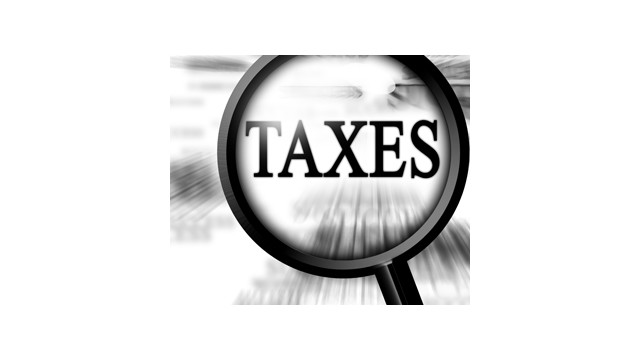Are you planning to launch a new business venture or invest funds in someone else’s fledgling business operation? The rewards can be high, but so are the risks. And if the business eventually goes under, you could be a saddled with a tax loss of somewhat limited value.
On the other hand, you might benefit from a unique tax break if the stock qualifies as “Section 1244 stock.” How it works: As long as certain requirements are met, you can claim an ordinary loss of up to $100,000. Essentially, acquiring Section 1244 stock is like getting a form of tax insurance from Uncle Sam—except you don’t have to pay any premiums.
Background: Normally, if a taxpayer invests in a new business, any resulting loss is treated as a capital loss. The loss must first be used to offset capital gains and then up to $3,000 of ordinary income from salary, interest, etc. Any excess loss is then carried over to the next year.
That’s not bad, but you can do better. Under Section 1244 of the tax code, you can claim an ordinary loss tax deduction for a loss on stock from a “qualified small business corporation.” The loss is fully deductible against ordinary income as well as any capital gains. Single filers can deduct up to $50,000 of losses from Section 1244 stock in any one year, while joint filers may write off as much as $100,000.
Be aware, however, that this special tax treatment isn’t automatic. To qualify for Section 1244 treatment, the following four main requirements must be met:
- The corporation must issue the stock directly to the investors. They can’t acquire the stock from another shareholder and deduct a loss against ordinary income.
- The stock must be acquired in exchange for cash or property contributed to the corporation. Investors can’t receive the shares as compensation for their services.
- A “small business corporation” must issue the stock. For this purpose, a small business corporation is defined as a corporation with invested capital of $1 million or less. It can be an S corporation or a regular C corporation.
- The corporation is an actual, operating company. During the past five years, the corporation must have received less than 50% of its gross receipts from rents, royalties, dividends and other investment income. If the corporation is less than five years old, this test applies to the years it’s been in existence.
Finally, be aware that these special rules only apply to losses. There’s no corresponding tax break under Section 1244 for gains. If the business is successful, however, long-term gains from sales of the stock are taxed at the maximum tax rate of 15% (20% for high-income investors). Plus, you may be eligible for other tax benefits for investments in qualified small business stock. Consult with your tax advisors.
Thanks for reading CPA Practice Advisor!
Subscribe Already registered? Log In
Need more information? Read the FAQs
Tags: Benefits, Income Taxes, IRS, Taxes





